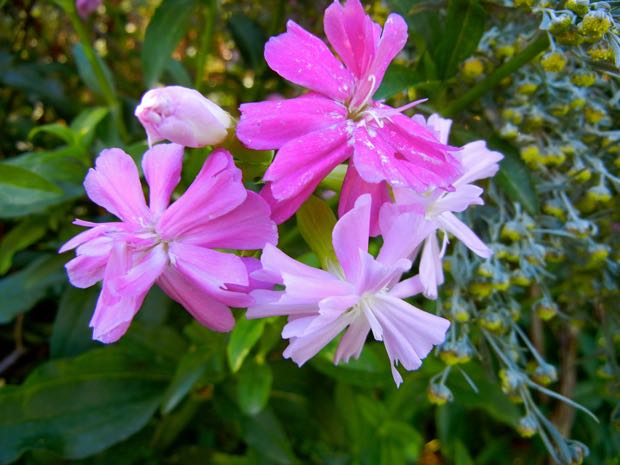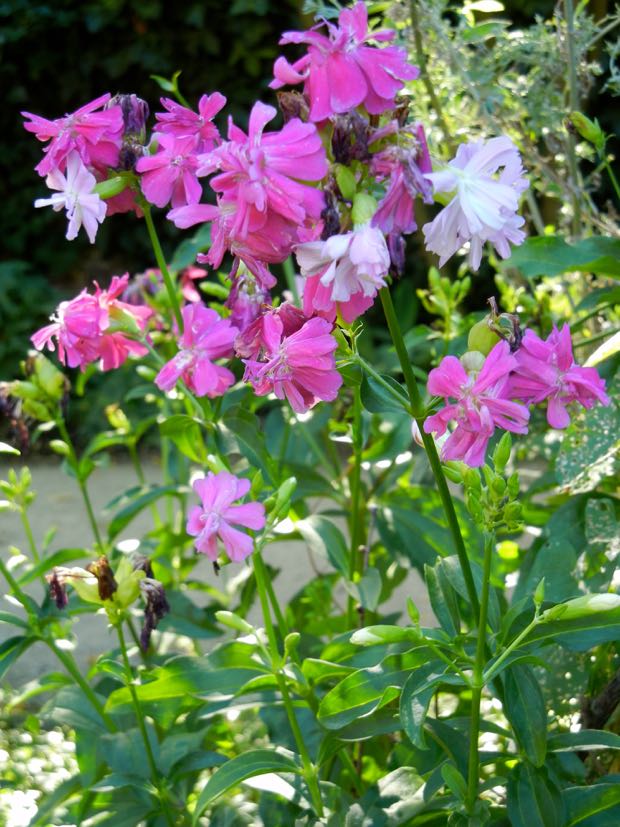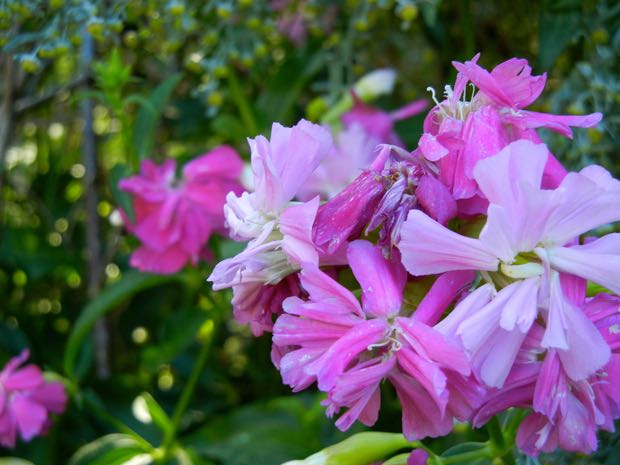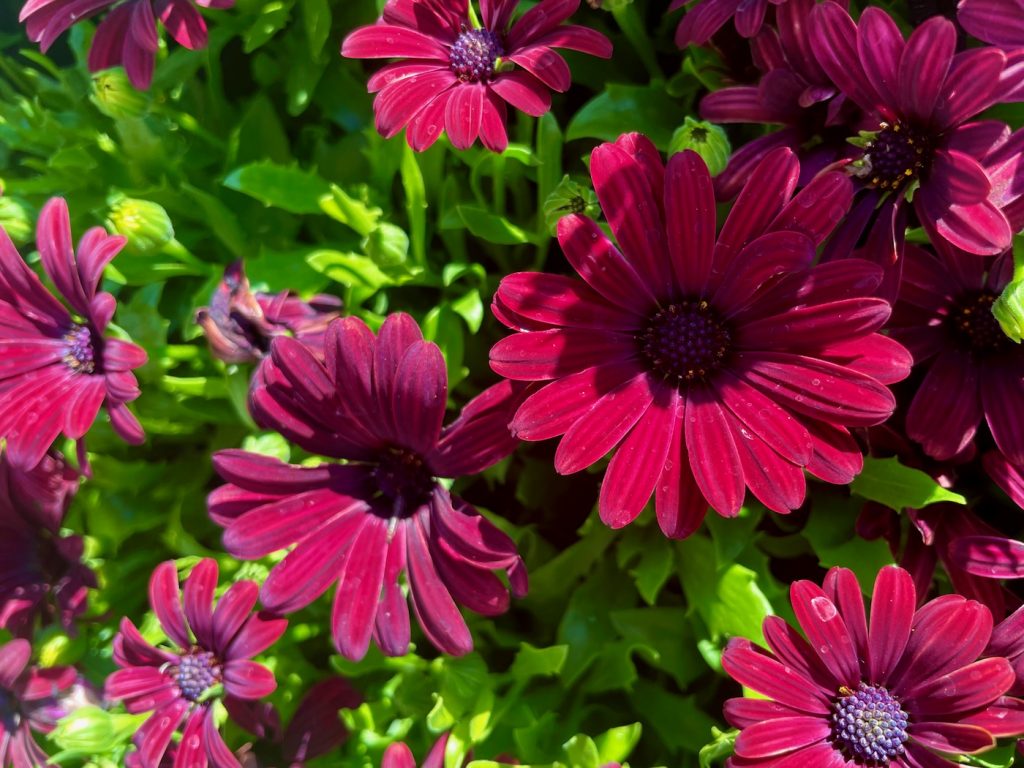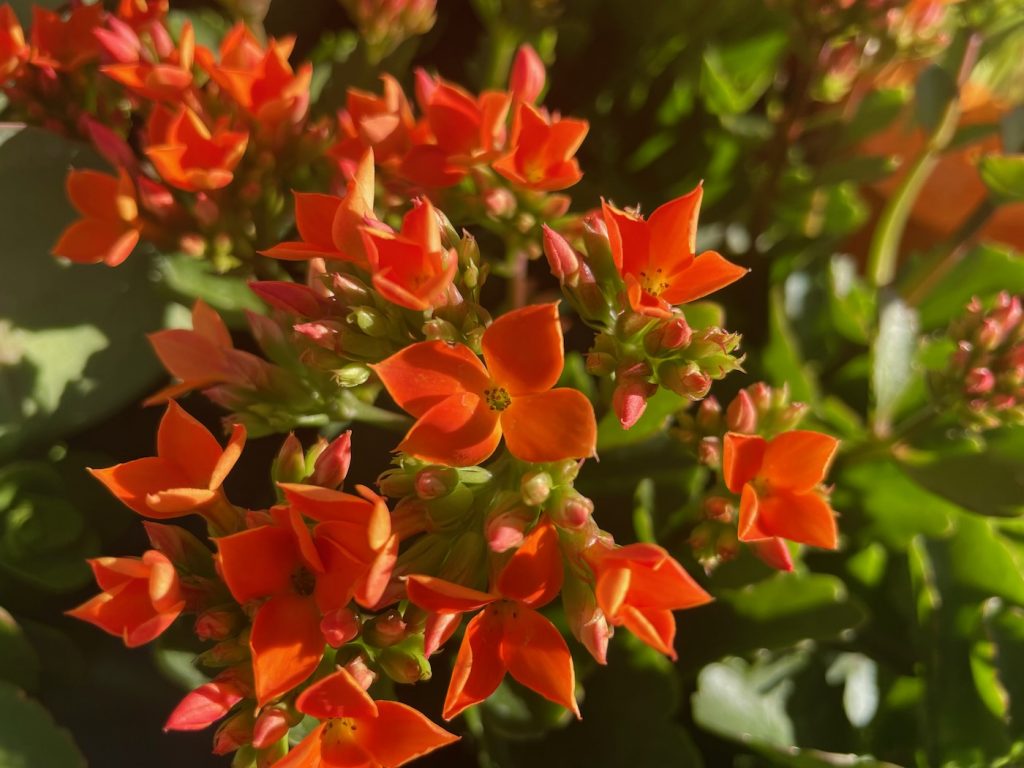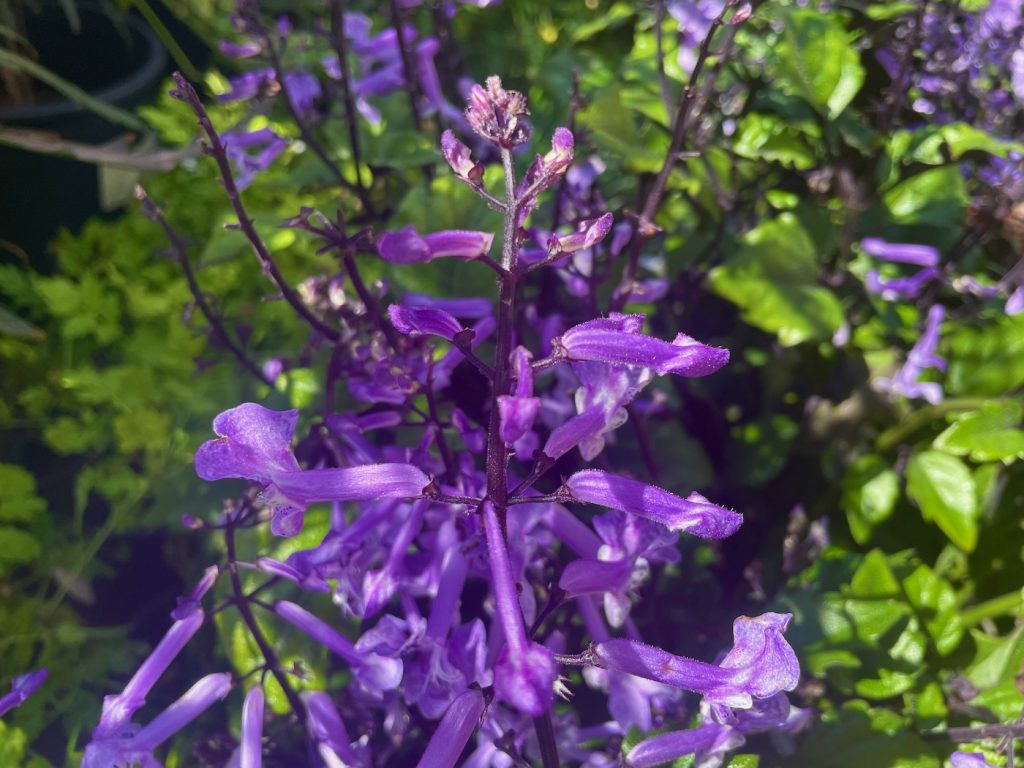Discover the Versatility of Saponaria officinalis (Soapwort)
Saponaria officinalis, commonly known as Soapwort, is a fascinating perennial plant that belongs to the Caryophyllaceae family. Renowned for its diverse uses and charming pink flowers, Soapwort adds a touch of enchantment to any garden. Learn more about this versatile plant and explore its captivating qualities.
Names and Origins: Saponaria officinalis is known by a multitude of common names, reflecting its cultural significance and historical uses. The Latin name “officinalis” denotes its traditional medicinal value, while “Saponaria” refers to the soap-like qualities of the roots. Native to Europe, Asia, and Western Siberia, this resilient plant has also established itself in North America, where it can sometimes be considered invasive.
Growth and Appearance: With its clump-forming habit and upright stems, Saponaria officinalis reaches a height of approximately 70cm (2.5ft). The plant features opposite, unbranched leaves along its stems. During the summer, Soapwort produces delicate pink flowers that open in the evening and exude a fragrant scent, particularly noticeable at night. The flowers, with a lifespan of three days, undergo an intriguing pollination process, releasing pollen on the second night and allowing the stigma to reach its final position on the third night.
How to grow Saponaria officinalis:
Cultivation and Care: To cultivate Saponaria officinalis, provide it with a sunny location. The plant is adaptable to various soil conditions, thriving in average to moderately fertile, well-drained soil with a slightly alkaline pH. Soapwort can even tolerate poor soil conditions. Propagation can be achieved through either seed sowing or division. Minimal pruning is required, and the plant is generally disease-free. While its nectar attracts butterflies and bees, it is resistant to deer. To encourage prolonged blooming, deadhead the flowers as needed.
Traditional and Practical Uses: Soapwort’s historical association with soap production is reflected in its name. The roots contain saponin, a toxic substance that produces lather when mixed with water, making it suitable for gentle fabrics like wool. In traditional practices, boiling the roots and leaves of Soapwort and straining the liquid creates a mild detergent or soap. However, caution should be exercised as the plant can be toxic if ingested. Beyond its soap-making applications, Soapwort is also used as an emulsifier in the production of tahini and halva in the Middle East.
A Myriad of Common Names:
Saponaria officinalis has acquired a plethora of common names throughout its history and geographical range. Here are some of the names associated with this versatile plant: Boston pink, Bouncing-bet, Bruisewort, Chimney pink, Common Soapwort, Crow Soap, Devil in a Bush, Farewell to Summer, Flop-Top, Fuller’s Herb, Gill-run-by-the-street, Hedge Pink, Jill-run-by-the-street, Lady by the Gate, London Pride, Mock Gilliflower, Old Maid’s Pink, Old Maid’s Slipper, Sheepweed, Soap Plant, Soap Root, Soap Weed, Soapwort Gentian, Sweet Betty, Wild Sweet William, Wood Phlox, and World’s Wonder.
Embrace the allure of Saponaria officinalis and witness its beauty, resilience, and historical significance come to life in your garden. Whether admired for its charming flowers, harnessed for practical uses, or celebrated for its rich cultural heritage, Soapwort is sure to leave a lasting impression.
